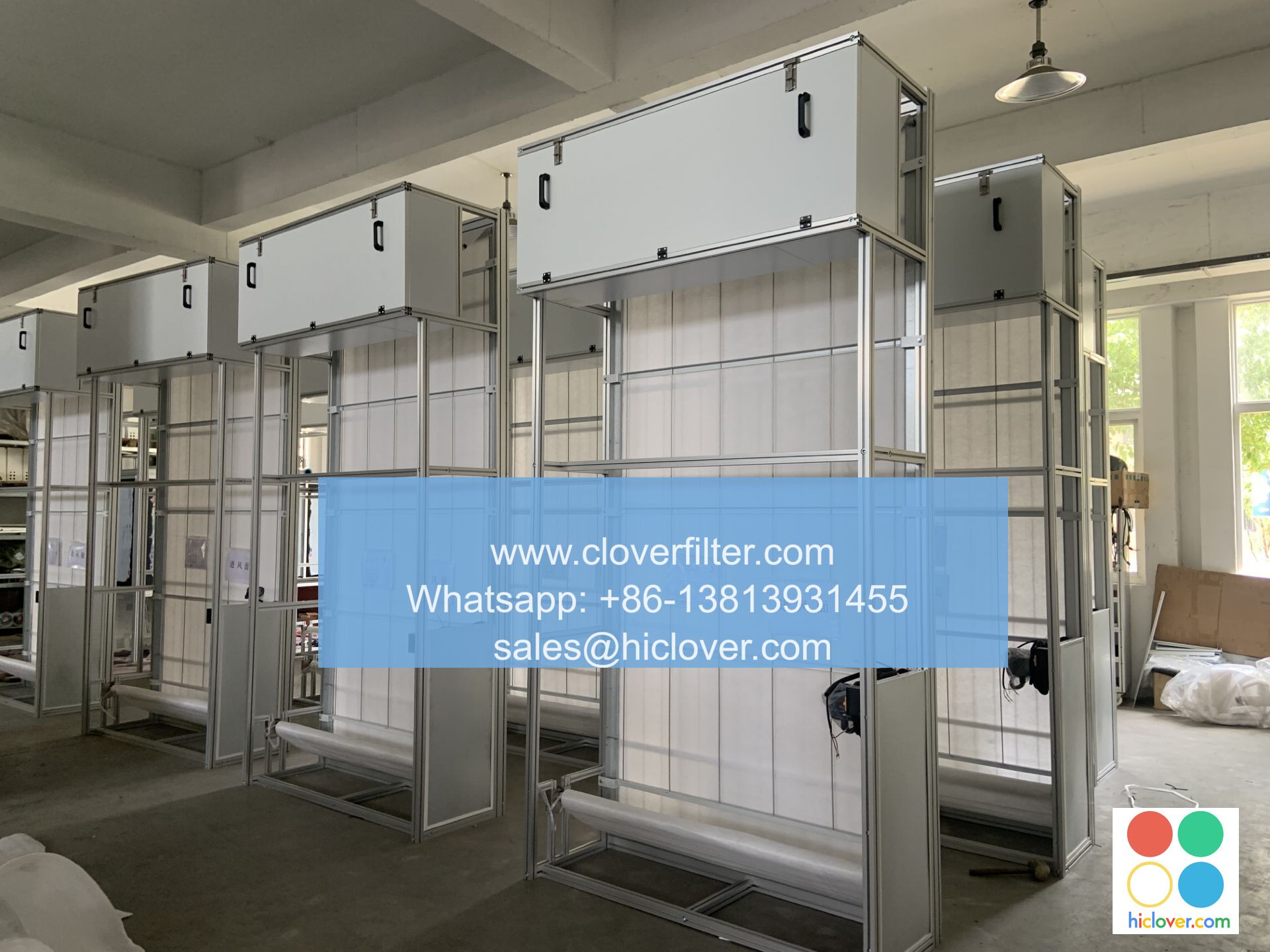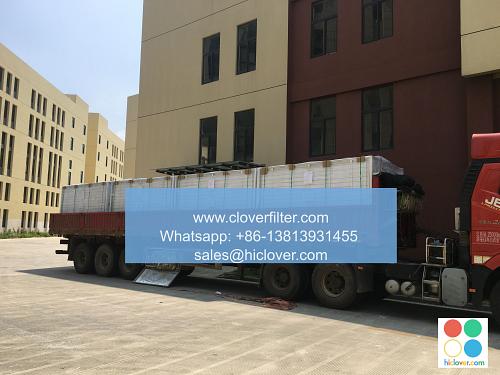Air Filter’s Policy on Smart Cities: The Ultimate Guide

In the era of rapid urbanization and technological advancements, the concept of Smart Cities has emerged as a revolutionary approach to transform the way we live, work, and interact with our environment. One crucial aspect of creating a sustainable and healthy urban ecosystem is the implementation of effective Air Filter’s Policy. This comprehensive guide will delve into the world of smart cities, highlighting the significance of air filtration systems, and exploring various application areas where these policies can be applied.
What are Smart Cities?
Smart cities are urban areas that leverage Internet of Things (IoT) technologies, Big Data Analytics, and Artificial Intelligence (AI) to create a more efficient, sustainable, and livable environment for their citizens. These cities focus on energy efficiency, transportation management, waste management, and public safety, making them an attractive destination for residents, businesses, and investors.
Air Filter’s Policy: A Key Component of Smart Cities
Air Filter’s Policy is a critical component of smart city initiatives, as it aims to improve indoor air quality (IAQ) and reduce the negative impacts of air pollution on human health and the environment. By implementing effective air filtration systems, cities can minimize the risks associated with particulate matter (PM), volatile organic compounds (VOCs), and other airborne pollutants.
Application Areas for Air Filter’s Policy
The application areas for Air Filter’s Policy in smart cities are diverse and widespread, including:
* Residential buildings: Installing high-efficiency particulate air (HEPA) filters in homes and apartments to improve IAQ and reduce the risk of respiratory diseases.
* Commercial buildings: Implementing air filtration systems in offices, shopping malls, and other commercial establishments to enhance occupant health and productivity.
* Industrial areas: Using air purification systems to minimize the release of hazardous pollutants and
* Public transportation: Installing air filtration systems in buses, trains, and other public vehicles to reduce exposure to air pollution and improve passenger health.
Benefits of Air Filter’s Policy in Smart Cities
The benefits of implementing Air Filter’s Policy in smart cities are numerous, including:
* Improved public health: Reducing the risk of respiratory diseases, cardiovascular diseases, and other health problems associated with air pollution.
* Increased energy efficiency: Optimizing heating, ventilation, and air conditioning (HVAC) systems to reduce energy consumption and greenhouse gas emissions.
* Enhanced productivity: Creating a healthier and more comfortable environment for occupants, leading to improved productivity and economic growth.
* Environmental sustainability: Reducing the carbon footprint of cities and contributing to a more sustainable future.
Conclusion
In conclusion, Air Filter’s Policy is a vital component of smart city initiatives, playing a crucial role in improving indoor air quality, reducing air pollution, and creating a healthier and more sustainable urban environment. By understanding the significance of air filtration systems and their various application areas, cities can develop effective policies to promote public health, energy efficiency, and environmental sustainability, ultimately creating a better future for their citizens. Prompt

